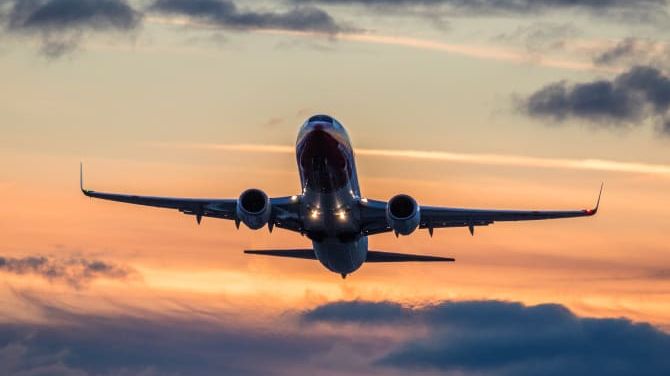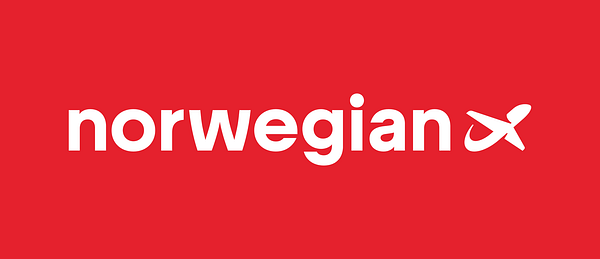
Press release -
Oslo District Court rules fully in favour of Norwegian regarding the EU ETS obligations for 2020
The Oslo District Court has today rendered its judgement in the proceedings on the EU ETS obligations during Norwegian’s reconstruction. The court’s ruling is that Norwegian was not obliged to fulfil its EU ETS obligations for 2020 and that the penalty imposed for the failure to meet these obligations was unlawful. Norwegian is pleased to see that the court recognized the unique circumstances the company was facing during this period.
The court found that Norwegian was entitled to fulfil its EU ETS obligations for 2020 by offering dividend corresponding to the allowance obligations. The court also ruled that the penalty for the failure to meet the EU ETS obligations for 2020 was unlawful. As announced in a stock exchange announcement on 2 March 2023, Norwegian paid the penalty amount of close to NOK 400 million to avoid enforcement and reserved its rights to claim return of this amount plus interest following a final conclusion. Thus, Norwegian is entitled to a full refund of the penalty amount, including interest currently amounting to NOK 82.6 million if the decision becomes final and enforceable. In addition, Norwegian was awarded compensation for legal costs amounting to NOK 9.8 million.
“This judgement confirms our understanding of the law, and we are grateful that the court recognised the unique circumstances surrounding our reconstruction and the constraints it placed on our ability to meet certain obligations. This outcome allows us to concentrate fully on our ongoing commitment to reducing our climate footprint,” said Geir Karlsen, CEO of Norwegian.
The judgment from the Oslo District Court supports the views of other stakeholders and experts. When Norwegian was informed about the potential penalty in 2021, the Reconstructor in Norway, Håvard Wiker, was in dialogue with both the Norwegian Environmental Agency and the Attorney General of Civil Affairs. In this dialogue, the Reconstructor clarified Norwegian was under reconstruction and was not allowed to fulfil its EU ETS obligations, and that doing so could entail criminal liabilities. In the parallel Irish examinership process, the Irish High Court ruled, in accordance with the view of the Irish Examiner, that EU ETS obligations are subject to cram down.
The judgement from the Oslo District Court is not final. Norwegian will make a stock exchange announcement when the judgement is final depending on whether the Ministry of Climate and Environment files an appeal to the Court of Appeal. For further information, please see notes regarding Contingencies and Legal Claims in the latest Quarterly Report and the Annual Report of 2023.
Topics
About Norwegian
The Norwegian group is a leading Nordic aviation company, headquartered at Fornebu outside Oslo, Norway. The company has over 8,200 employees and owns two of the prominent airlines in the Nordics: Norwegian Air Shuttle and Widerøe’s Flyveselskap. Widerøe was acquired by Norwegian in 2024, aiming to facilitate seamless air travel across the two airline’s networks.
Widerøe’s Flyveselskap, Norway’s oldest airline, is Scandinavia’s largest regional carrier. The airline has more than 3,500 employees. Mainly operating the short-runway airports in rural Norway, Widerøe operates several state contract routes (PSO routes) in addition to its own commercial network. In 2023, the airline had 3.3 million passengers and a fleet of 48 aircraft, including 45 Bombardier Dash 8’s and three Embraer E190-E2's. Widerøe Ground Handling provides ground handling services at 41 Norwegian airports.
The Norwegian group has sustainability as a key priority and has committed to significantly reducing carbon emissions from its operations. Among numerous initiatives, the most noteworthy is the investment in production and use of fossil-free aviation fuel (SAF). Norwegian strives to become the sustainable choice for its passengers, actively contributing to the transformation of the aviation industry.


